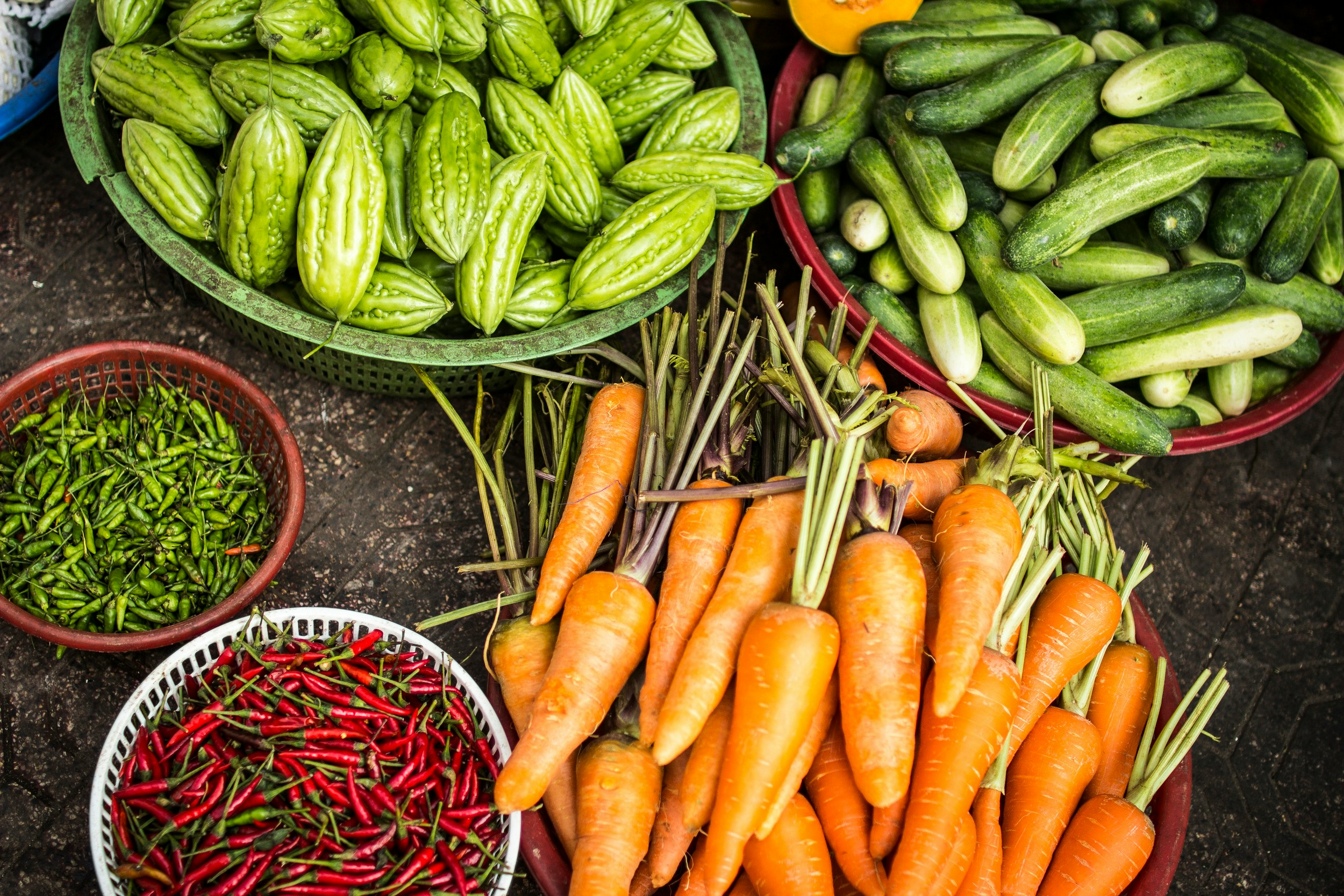

Are you curious about the buzz surrounding plant-based diets? You’re not alone. More people are exploring this vibrant way of eating, drawn by promises of improved health and a lighter environmental footprint. A diet rich in fruits, vegetables, whole grains, nuts, and seeds can not only boost your energy levels but also enhance your overall well-being.
Imagine biting into a juicy mango or savoring a creamy avocado toast—each meal bursting with flavor and nutrients. Transitioning to plant-based doesn’t mean sacrificing taste; it opens up a world of culinary adventures waiting to be discovered. Whether you’re looking to reduce meat intake or fully embrace veganism, there’s never been a better time to explore the benefits that come from nourishing your body with nature’s bounty.
So let’s dive deeper into how you can make this lifestyle shift seamlessly while enjoying every bite along the way!
How to Transition to a Plant-Based Diet
Transitioning to a plant-based diet can be an exciting journey. Start by incorporating one or two meatless meals into your week. Gradually increase the number of days you go without animal products.
Explore new recipes that spotlight vegetables, grains, and legumes. This keeps your palate thrilled and introduces diverse flavors.
Stock your kitchen with whole foods like lentils, quinoa, and seasonal produce. Having these on hand makes meal prep easier and more enjoyable.
Don’t hesitate to try meat substitutes as well; there are plenty of delicious options available today! They can make the switch smoother while you adjust to new tastes.
Listen to your body throughout this process. Adjust portion sizes and ingredients according to how you feel—everyone’s needs vary.
Join online communities or local groups for support and inspiration from fellow plant-based enthusiasts who share their experiences and tips along the way.
Tips for Maintaining a Balanced Plant-Based Diet
Maintaining a balanced plant-based diet doesn’t have to be challenging. Start by including a variety of fruits and vegetables in your meals. Aim for colorful plates; each color offers different nutrients.
Incorporate whole grains like quinoa, brown rice, or oats into your daily routine. These are excellent sources of fiber and energy.
Don’t forget about legumes! Chickpeas, lentils, and beans provide protein while adding texture to dishes.
Healthy fats are essential too. Avocados, nuts, and seeds add flavor and help with nutrient absorption.
Keep an eye on vitamin B12 levels as well. Consider fortified foods or supplements since this vitamin is primarily found in animal products.
Experiment with spices and herbs to make meals exciting. A little creativity can turn simple ingredients into something delicious without compromising health benefits.
Delicious and Nutritious Plant-Based Recipes
Plant-based cooking opens the door to a world of vibrant flavors and textures. Think hearty lentil soups, bursting with spices and nutrients. They warm the soul while delivering protein and fiber.
How about zesty quinoa salads? Toss in fresh veggies, herbs, and a squeeze of lemon for a refreshing twist. It’s colorful on your plate and satisfying for your palate.
Don’t forget smoothies! Blend leafy greens with fruits like bananas or berries for an energizing breakfast or snack. The combinations are endless!
For dinner, try stuffed bell peppers filled with rice, beans, corn, and topped with avocado slices. Each bite is a delightful crunch paired with creamy goodness.
Dessert can be plant-based too—think rich chocolate chia pudding made from almond milk. It’s indulgent yet nutritious.
With these recipes at your fingertips, you’ll discover that eating plants is both exciting and delicious!
Common Misconceptions About Plant-Based Diets
Many people think a plant-based diet lacks protein. This is far from the truth. Legumes, nuts, seeds, and whole grains are all excellent sources of protein.
Another common myth is that such diets are bland or boring. With countless fruits, vegetables, spices, and cooking methods available, meals can be vibrant and flavorful.
Some believe it’s too expensive to eat plant-based. In reality, staples like rice, beans, and seasonal produce can be budget-friendly choices.
Many assume that going plant-based means giving up favorite foods entirely. The truth is you can often find delicious substitutes for dairy or meat without sacrificing taste.
These misconceptions can hold people back from exploring the benefits of a plant-focused lifestyle. Understanding the facts can make all the difference in embracing this exciting dietary choice.
Conclusion: Why You Should Consider Adopting a Plant-Based Lifestyle
Adopting a plant-based lifestyle can be both rewarding and enriching. It opens up a world of vibrant flavors, exciting dishes, and endless possibilities for creativity in the kitchen. Beyond just improving your health, it also promotes environmental sustainability and animal welfare.
Many people find that transitioning to this way of eating brings them closer to their food sources. They become more aware of what they eat and how it impacts their bodies and the planet. This mindfulness can lead to better choices overall.
There’s no need for drastic changes overnight; every small step counts. Whether it’s trying Meatless Mondays or swapping out dairy for plant-based alternatives, each choice contributes positively towards personal well-being.
As you explore this journey, remember there are abundant resources available—cookbooks filled with recipes, online communities ready to share tips, and local groups that host events centered around plant-based living. Engaging with others on the same path can provide support and inspiration along the way.
Embracing a plant-based diet is about discovering new tastes while nurturing yourself holistically. So why not take that first step? You might just find adventure awaits on your plate.
